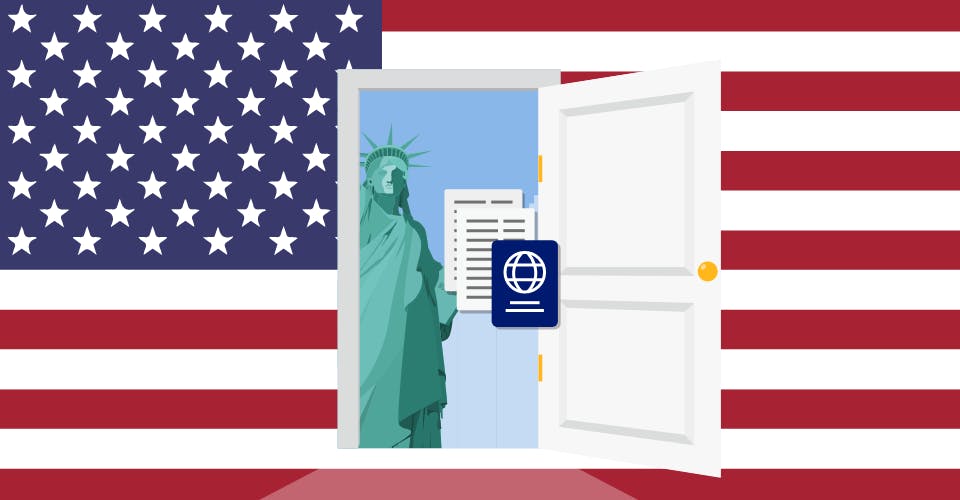Parole in a U.S. legal setting refers to letting someone out of prison earlier than their original sentence, given that they will abide by certain conditions. Advance parole, however, specifically refers to the United States green card process and those applicants that are still in the midst of their applications and appointments.
Specifically, advance parole refers to an I-485 applicant who wants to leave the United States to travel internationally (usually for vacation or for seeing family purposes) before their green card is approved. However, traveling with just a foreign passport and no other documents leaves the applicant vulnerable and at risk of “abandoning” their I-485 and therefore an Advanced parole document is needed. This is what the CBP officers will see when an applicant returns to the United States.
In order to qualify for Advance Parole, the applicant will need to fill out the I-131 Form, Application for Travel Document. This document is used for the following:
1. A re-entry permit for those who have already received their green card. For the purposes of this post, advance parole does not apply to those who have been issued green cards already. Simply put, a re-entry permit is needed for LPRs who have decided to also travel internationally, but are forgoing the returning resident visa at a U.S. embassy or consulate.
2. A refugee travel document. Individuals who hold asylee or refugee status and are not lawful permanent residents must have a Refugee Travel Document to return to the United States after travel abroad, unless they possess an Advance Parole Document.
3. Advance Parole Document. An Advance Parole Travel Document allows you to physically enter the United States for a specific purpose without applying for a visa. This document can authorize you to appear at a port of entry to seek parole into the United States.
Note: The individual who has been paroled has not been permanently admitted to the United States and remains an I-485 applicant even through a parole period.
The filing fee for an Advance Parole Document for an individual who is currently in the United States is $575 dollars. The biometrics service fee is not required. The filing fee for an individual who is outside the U.S. is also $575 dollars. Overall, according to the USCIS, the filing fee may be waived based on a demonstrated inability to pay.
Alternatively, in order to bypass the filing fee altogether, you can file both your I-131 Form with your I-485 application. Applicants expecting to travel internationally during the often year-long waiting period before one receives their green card should expect to do this. Make sure to attach two passport-style photos to your I-131 Form.
The advance parole travel document is valid for one year after its issue date. For those in the middle of this application, please do not leave the country until after you have received the Document. Please also be aware that returning to the United States with said travel document still leaves you at the discretion of a CBP officer (border patrol).














